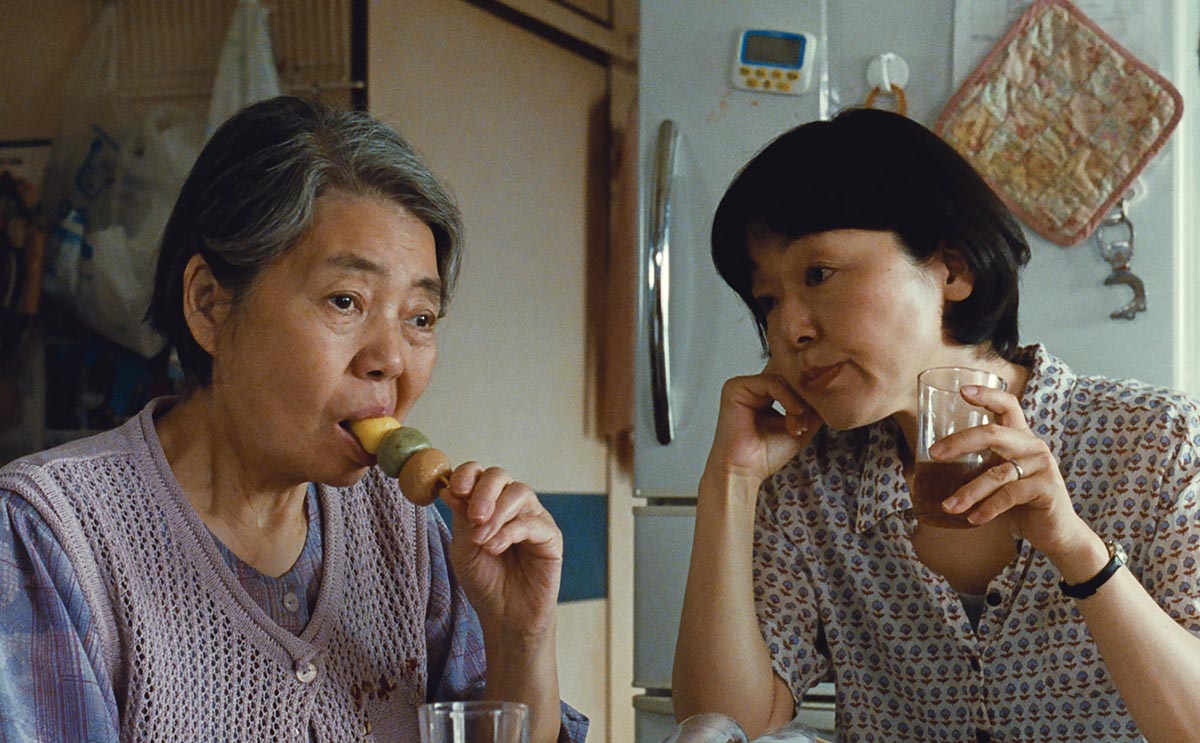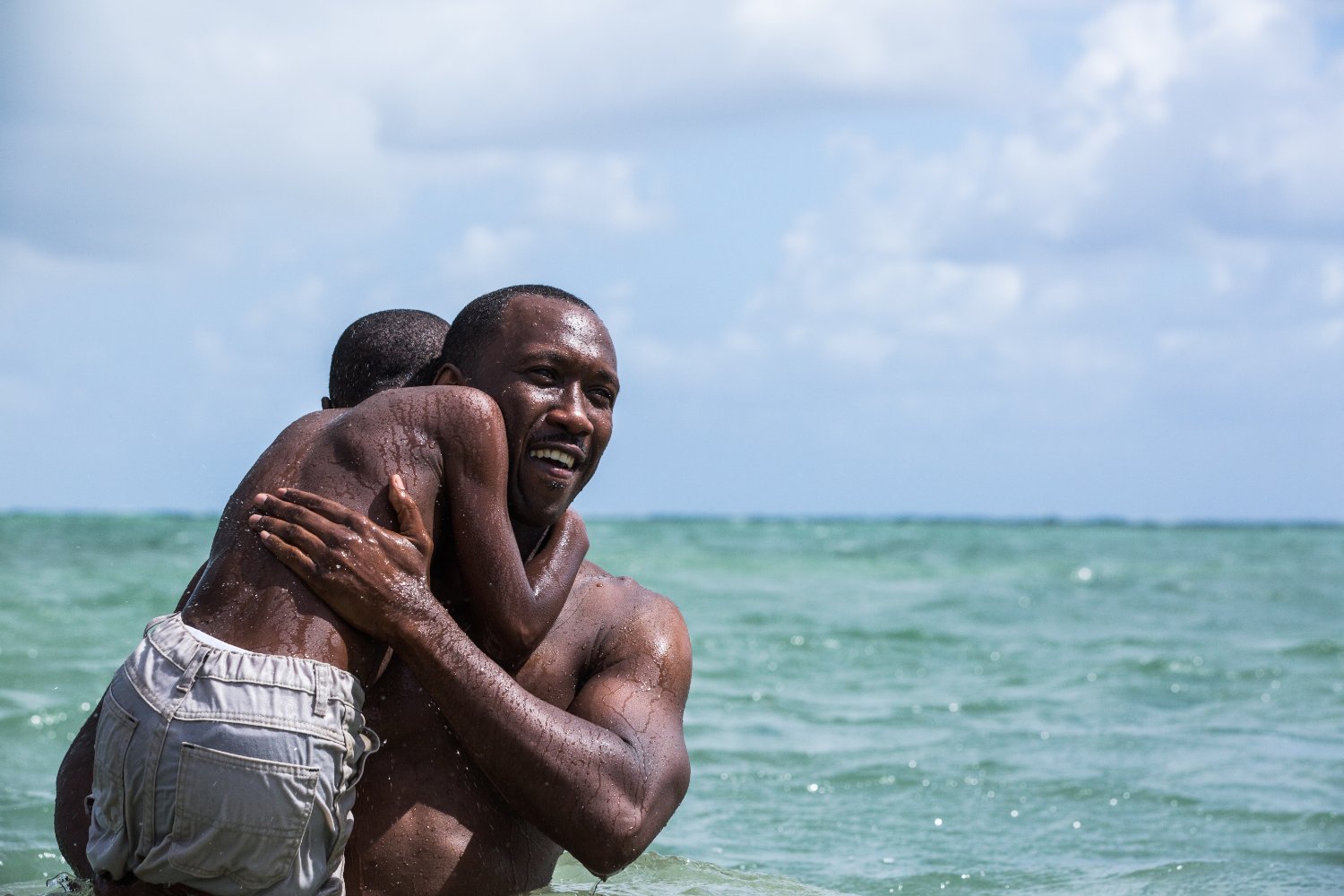By Richard von Busack
There are still Westerners who have never seen a Japanese movie that didn’t have swordsmen in it. The comedy/drama After the Storm shows what they’re missing. Director Hirokazu Kore-eda’s movie may be his funniest and funkiest yet. That said, the cheaper, smudged side of Japan shows up in all of his movies, from the not-so-sweet hereafter in After Life; the grubby kids left to fend for themselves in Nobody Knows or the beach-city fixit shop with its tattooed proprietor in Like Father, Like Son. Even Kore-eda’s lesser movies show a Japan that doesn’t appear much in the movies, and After the Storm is one of his best.
It’s late summer. The 23rd typhoon of the season is lurking offshore, raising the temperature to sweltering. Ryota (Hiroshi Abe) has come out by train to an old folks apartment complex. He slurps down some noodles at the train station and goes to visit his recently widowed mom.
This good-looking Ryota could be defined in one of two ways: He’s either a writer with a gambling problem or a gambler with a writing problem. He published a novel to some acclaim, but few readers. Since then, the divorced man has been working as a private detective, on the grounds of researching his next book. This excuse is face-saving, not that Ryota has much face to save: He lives in a dump, he haunts pawnshops, he stalks his ex-wife and he inaugurates sleazy double-crossing scams with the clients who hire him for divorce work. And in scenes with his mother—memorably played by Kirin Kiki—you can see where he got his hustle and charm.
Kiki, who was in Kore-eda’s Still Walking, is the movie’s real reason for being. Being slightly wall-eyed makes Kiki a master of the side-eye; she misses nothing.
Kore-eda pushes for a bit of a happy ending when all we really needed was some hope. Mostly, the humor reminds one of the Thanksgiving classic Home for the Holidays. The hustles are funny and the sage and salty old lady is an elder to be cherished.











